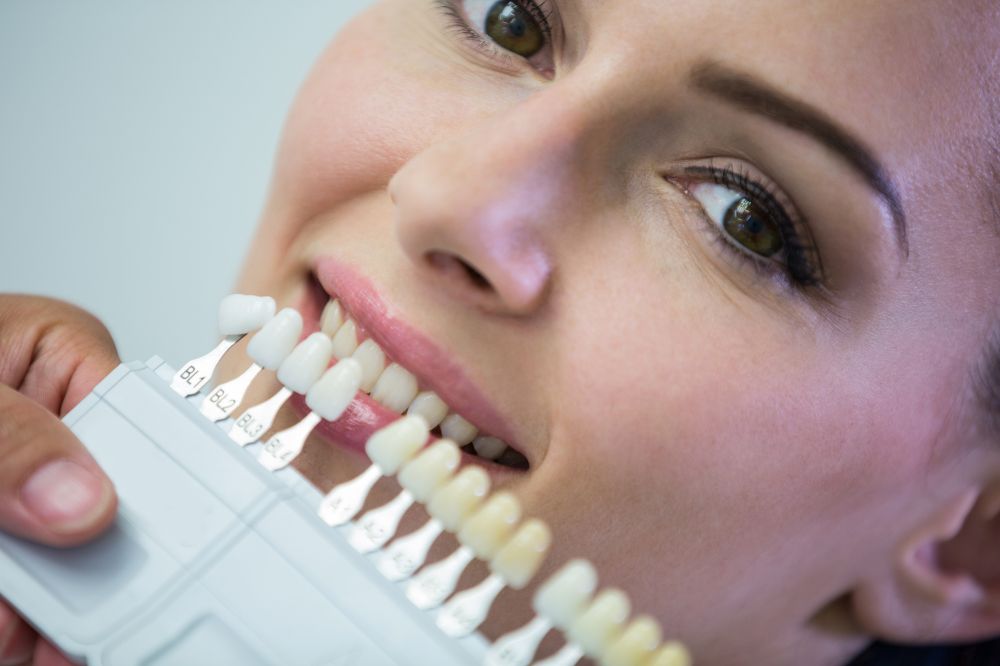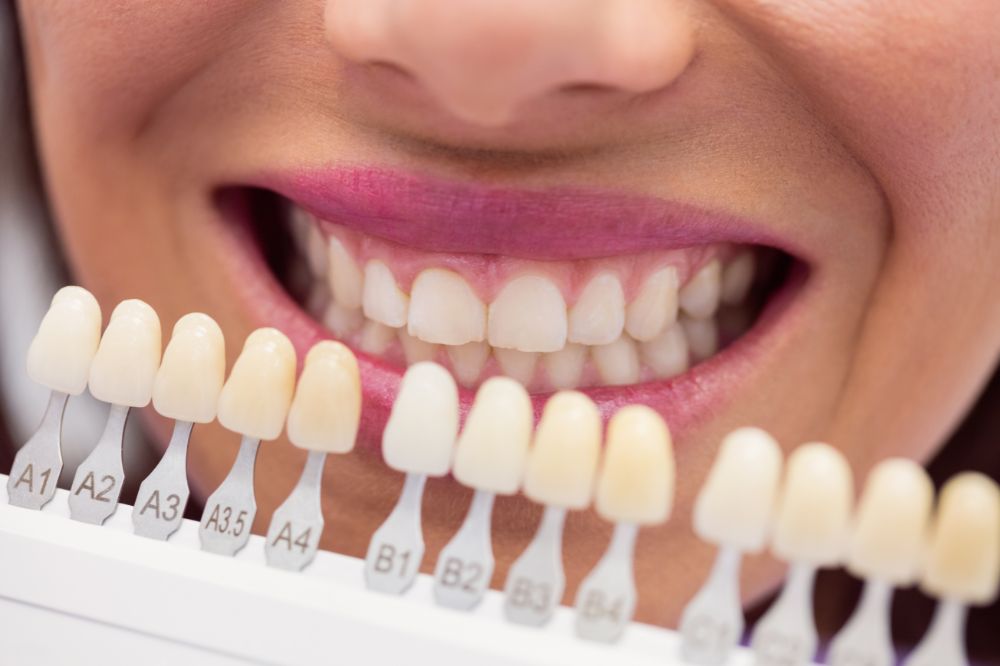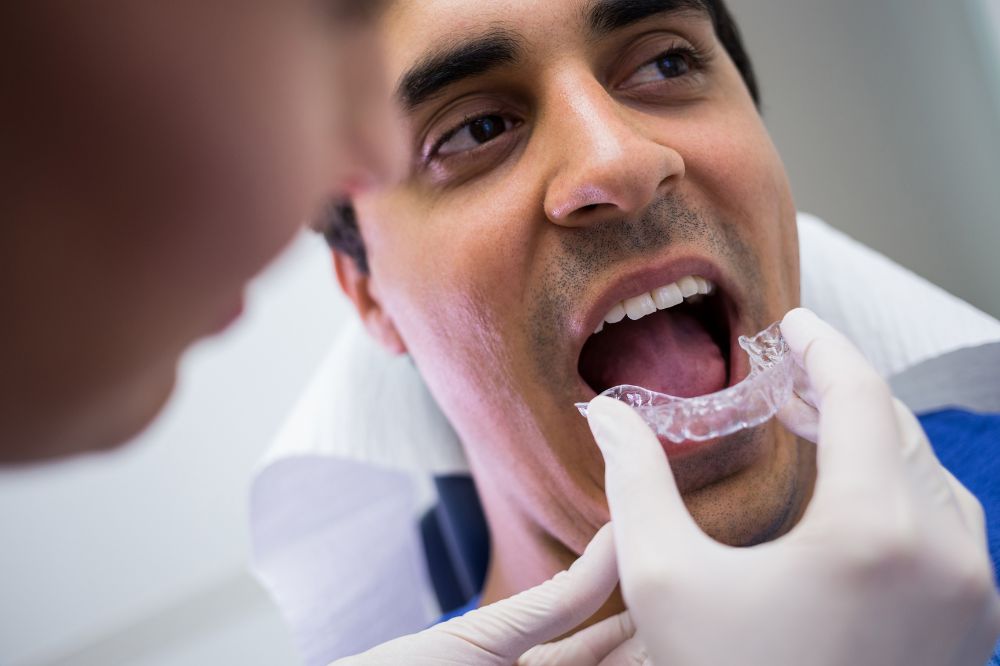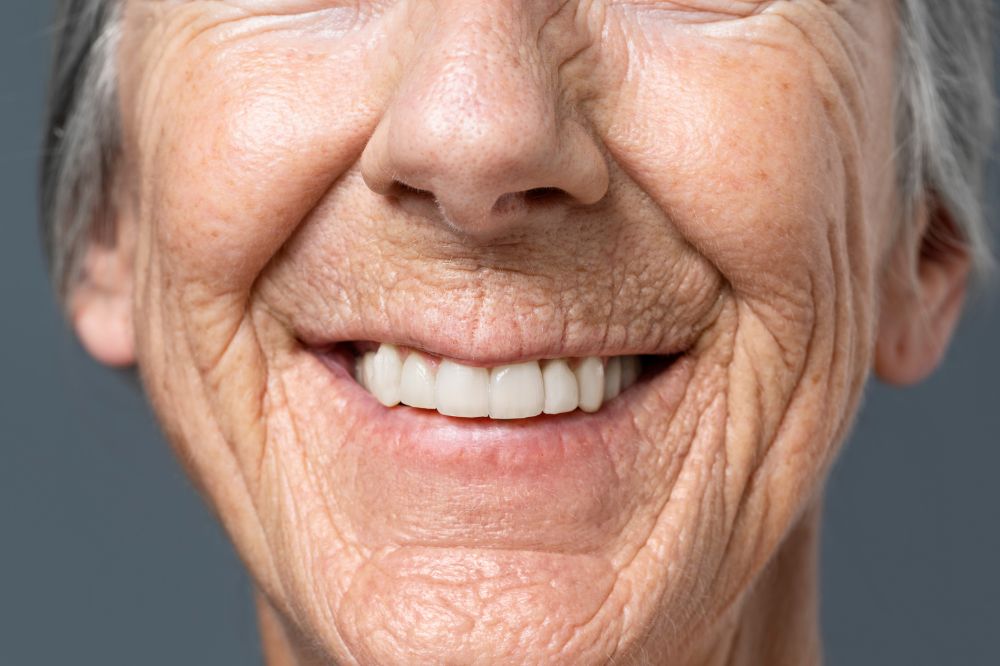Dental implants provide a replacement for missing teeth with something permanent that performs just like a natural tooth. Dental implants are a worthwhile long-term investment in your dental health. Implants look like natural teeth and work like your real ones, but there is always a question about eating, speaking, and adjusting during the healing time. Consult a dentist near you in the North East to learn more.
Understand The Dental Implant Process
Dental implants are placed within the jawbone to fuse with the bone after they are implanted. Once the implants fully heal into the jawbone, patients can chew and speak normally since the process is stable and strong. Your dentist can ensure your smooth recovery so you can regain your natural smile.
Eating with Dental Implants
You may need to modify your diet following dental implant surgery to allow things to heal. In the first few days after surgery, you should eat soft foods to limit pressure on the site. Examples include.
- Mashed potatoes or sweet potatoes.
- Yogurt and smoothies.
- Scrambled eggs.
- Soups and broths.
- Soft-cooked pasta.
As one heals, firmer food can be introduced gradually. Try to stay away from hard, sticky, or crunchy foods following surgery, as they can irritate the implant site.
Tips on How to Eat with Dental Implants Safely
If you want to have a successful recovery, you should know how to eat with dental implants.
- Take small bites and chew slowly.
- Chewing on both sides all the time will not overload one implant.
- Don’t chew on ice, hard candy, or tough meat during the early stages.
- Eat healthy to heal faster and keep your mouth healthy.
- Stay hydrated to help tissue recovery.
If you follow these tips, the adaptation to routine eating will be so much easier for you and protect your investment in dental implants.
Speaking with Dental Implants
People find it easy to speak with dental implants. Implants are held in bone, so they act like your own teeth and do not affect speech. At first, some patients may notice slight changes in the way they sound, especially with “s” and “th” sounds.
Practice is key. You can become accustomed to something quicker by reading aloud, speaking slowly, and being patient with yourself. Most patients eventually get back to normal speech with no problem.
Dental Implants Recovery Tips
Aftercare matters profoundly to the success of your treatment, so follow dental implant recovery tips.
- Follow all post-surgery instructions from your dentist.
- Be taking medications prescribed to you to relieve pain and prevent infection.
- Look after your teeth, but don’t brush the surgical site too hard.
- Try rinsing with saltwater or suggested mouth rinses to aid in recovery.
- Do not forget to keep your follow-up appointments to check the implants and surrounding tissue.
If you can take care of your recovery process, this will prevent complications and will help your implants last for years.
Long-Term Care for Dental Implants
Once your dental implants have fully healed, it’s like caring for your natural teeth. To keep your teeth healthy, brush your teeth twice daily, floss, and visit a dentist regularly. Don’t grind the teeth or chew on things that aren’t food. This could harm the implants later on.
If cared for properly, dental implants can provide a permanent solution for missing teeth. When patients regain their confidence in eating, speaking, and smiling, the process is rewarding.
Restore Your Smile with Expert Care
Eating and speaking with your implants is easy if you follow the proper steps to recovery. Contact North East Dental Arts today for advice on the dental implant procedure and aftercare. Our expert staff will work closely with you so that you can achieve a healthy, natural smile in comfort and confidence.
Find us on Google Map 📍
Frequently Asked Questions
1. When can I return to normal eating following dental implant surgery?
For the first few days, eat a soft diet. Then slowly start eating more firm food.
2. Will dental implants change the way I speak?
Most people adjust to them quickly, and again, it acts like a natural tooth with the ability to speak normally and be comfortable.
3. What should I do to care for my dental implants while I heal?
Follow your dentist’s instructions, be gentle with your mouth, and return for appointments.
4. When can I chew hard food with dental implants?
For about the first few months after you get gum implants, do not eat hard or sticky food. Once healed, you will likely be able to chew almost all foods easily.





